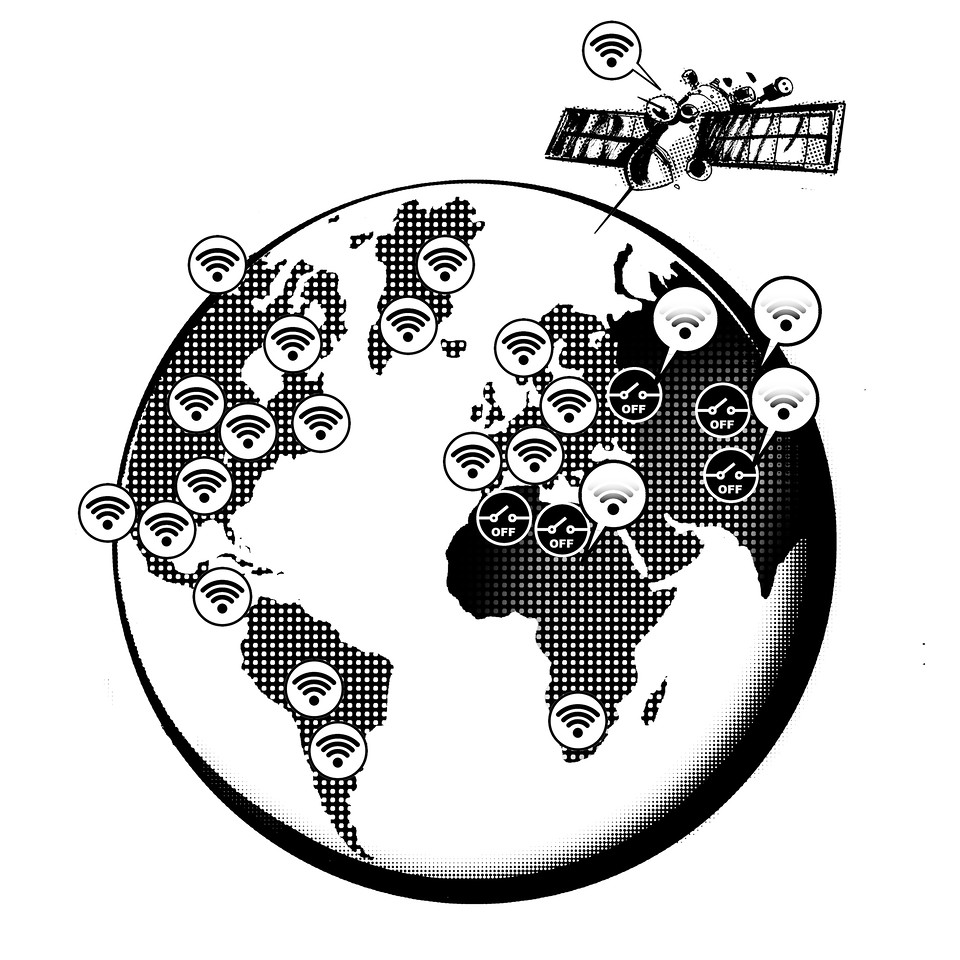
Digital and Environment Tour
Update
Missed the event? Watch the recording below and read our event report!
The interplay between the digital and the environment is not new. The Digital and Environment Tour covers two crucial elements: data and the circular economy.
As we will see during our upcoming Data Tour, the World Meteorological Organization (WMO) coordinates more than 10,000 land-, sea-, and air-based observation stations which collect vast amounts of weather-related data. Sophisticated AI tools are already being used for complex numerical analyses related to weather prediction, as well as for extrapolating trends that can help us understand climate change and the impact it has on our society. The WMO provides both a rich set of environmental data and the unique coordination of large data networks which can be relevant for other data projects around the world. The United Nations Environment Programme (UNEP) is currently starting preparations for the development of a global environmental data strategy, laying a global framework for the management of environmental data as a global public good by 2025.
Geneva’s Botanical Garden (Jardin Botanique), within the framework of Geneva’s 2030 Biodiversity Strategy, is addressing how the latest technological developments, especially those regarding the collection and analysis of aerial data, can help to favour biodiversity in the broader Geneva region.
We next visit the circular economy, namely, how ICT technologies can be better used to minimise environmental impact, as well as the amounts of waste of current production processes. Digital technology is not necessarily good or bad, and it has both a direct and indirect effect on the environment. The bright side is that digital technology, such as AI, big data, IoT, and blockchain, is revolutionising our approach to conserving biodiversity, producing clean energy, and managing natural disasters. At the same time, the impact of the ICT sector on the environment is being increasingly addressed. The ITU published numerous studies on the sustainability of the ICT sector and its applications.
Roundtable on Digital and Environment
26 May 2021
11:00-12:00 CEST
online
PROGRAMME
Ms Tatyana Valovaya, Director-General of the United Nations Office at Geneva (UNOG)
Amb Thomas Schneider, Head the International Relations Service, Swiss Federal Office of Communications (OFCOM)
Mr Chengetai Masango, Director at United Nations Secretariat for the Internet Governance Forum (IGF)
Dr Steven Ramage, Head of External Relations at Group on Earth Observations (GEO)
Moderator: Prof. Jovan Kurbalija, Director of DiploFoundation and Head of the Geneva Internet Platform (GIP)
Podcasts
Policy Network on Environment with Flurina Wäspi
Geneva’s rich ‘noosphere’ – Interview with UNOG Director General Tatiana Valovaya